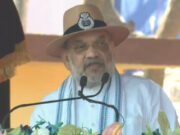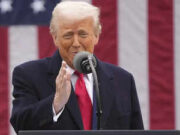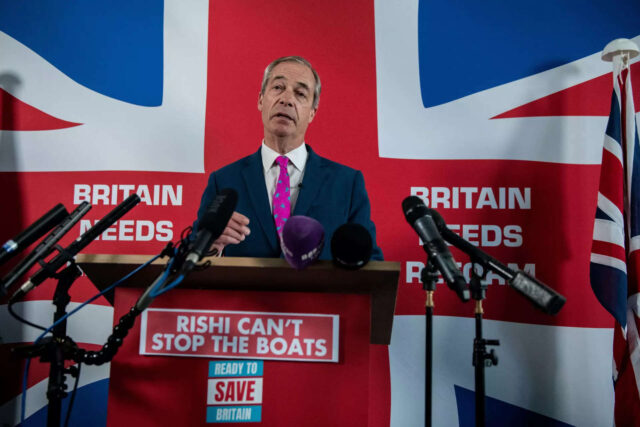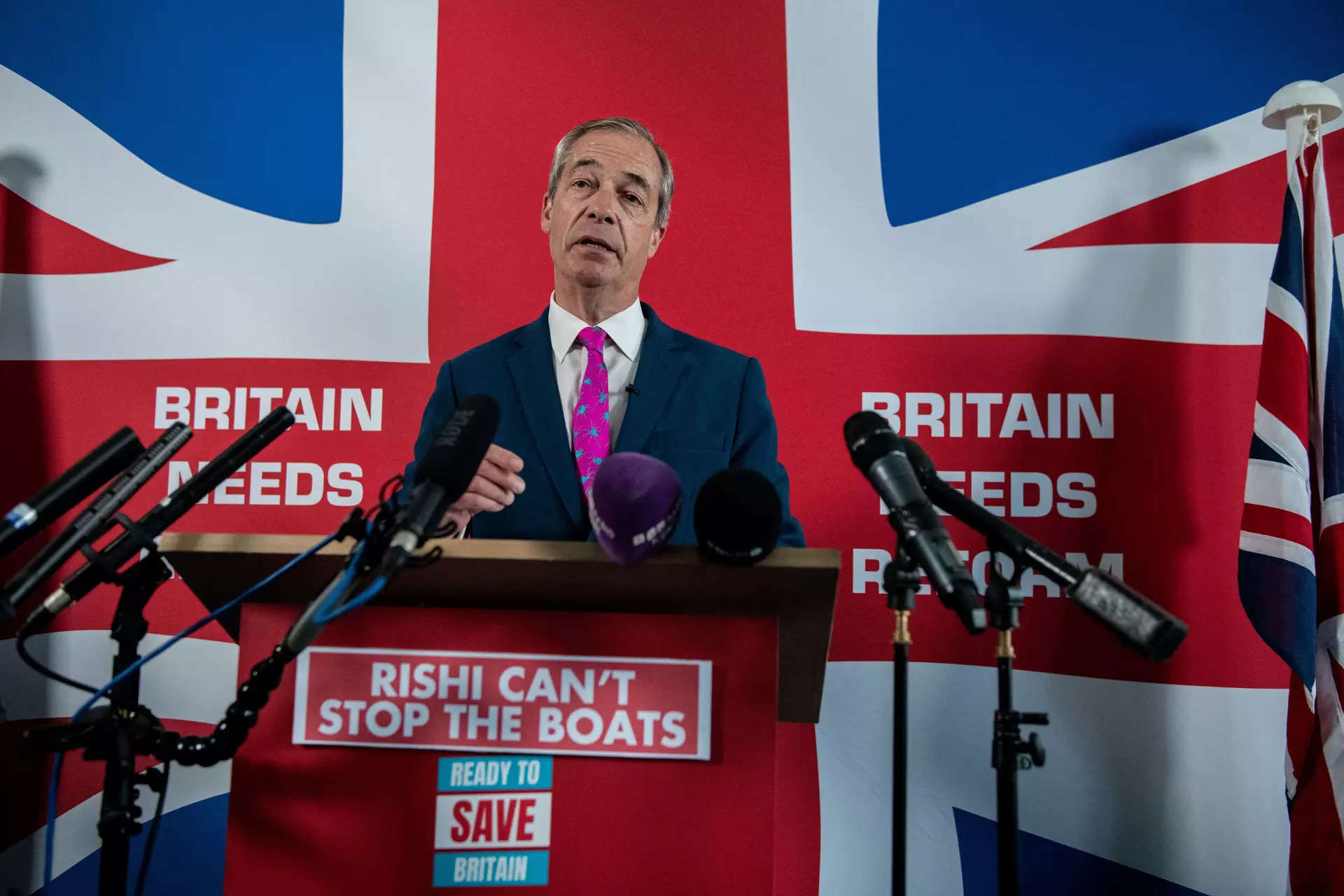Tackling Immigration and unemployment:
The plans are not surprising for those who are familiar with the political agenda of the Reform UK party. Farage has promised to end all non-essential immigration into the country. This has been a long standing issue in the UK with even the incumbent government under PM Rishi Sunak enacting the Rwanda Deportation Act which actively deports illegal asylum seekers in the UK to Rwanda. Further, to avoid non-essential immigration, the party also intends to heavily tax companies that hire foreign workers.
On the issue of unemployment benefits, the party in a movie which may seem ‘unpopular’ has vowed to completely deny people the benefits of this scheme if they fail to find a job within 4 months.
Reduction in Direct Taxes:
The party plans on raising the income tax threshold from the present limit of £12,751 to £20,000. This is the income tax up to which an individual need not pay any income tax. There are various income tax slabs for those who earn any income beyond this limit. The party is also proposing to increase the higher rate threshold from £50,000 to £70,000.
Stamp duty which is levied on purchase of land and property. The party intends to scrap stamp duty on properties less than £750,000. Further, inheritance tax on estates less than £2 million will be removed. The party intends to slash expenditure incurred on public sector back office bureaucracy to achieve fiscal prudence. This involves a massive expenditure of £50 billion a year.
Reactions:
Economists have said that this plan does not add up. They are of the opinion that the party will need to find finances from other sources to keep up the public expenditure as this involves steep cuts in the taxation rates. Cutting down on essential public expenditure may also be politically untenable.
FAQs:
When are the elections taking place in the UK?
The UK will vote its members to the House of Commons on July 4. Presently, the UK Labour party is expected to win the elections and unseat the Conservatives who are presently heading the government.
How many members does the UK House of Commons have?
There are 650 members in the UK House of Commons. These constituencies are divided on the basis of territorial constituencies.
Disclaimer Statement: This content is authored by a 3rd party. The views expressed here are that of the respective authors/ entities and do not represent the views of Economic Times (ET). ET does not guarantee, vouch for or endorse any of its contents nor is responsible for them in any manner whatsoever. Please take all steps necessary to ascertain that any information and content provided is correct, updated, and verified. ET hereby disclaims any and all warranties, express or implied, relating to the report and any content therein.









































